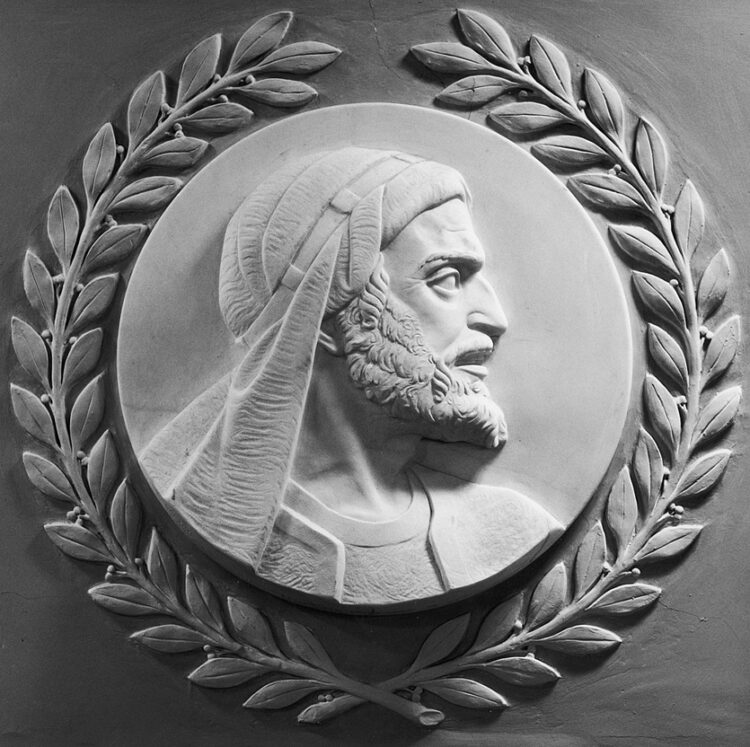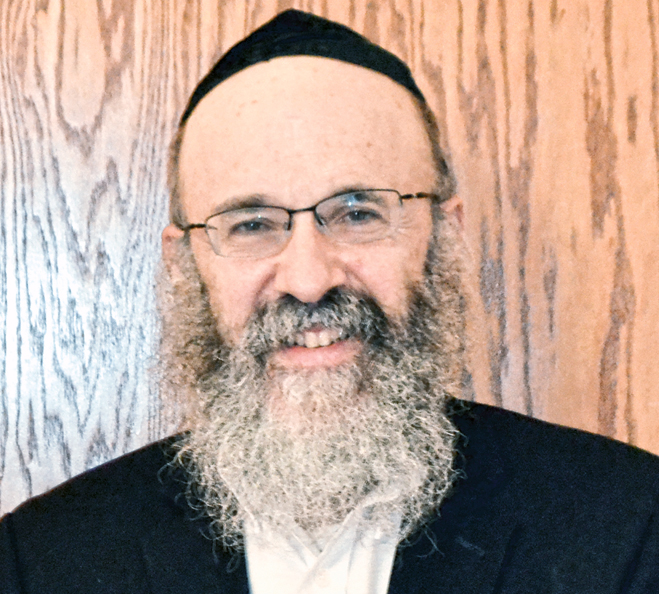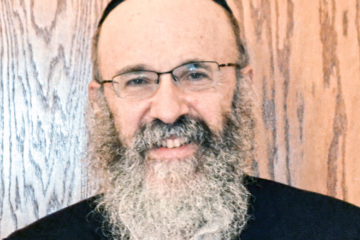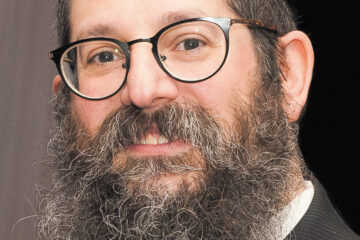A doctor’s prescription for troubled times

By Rabbi Shmuel Klatzkin, Chabad of Greater Dayton
Moses Maimonides practiced medicine on the highest levels. He would write 10 medical treatises, become the court physician for Sultan Saladin in Cairo, and perhaps briefly to King Richard the Lion-Hearted as well.
Maimonides is more famous for three major works, each of which was a momentous achievement in Jewish scholarship and literature, and were influential in the non-Jewish world as well, both in his day and after.
Part of his genius is that every part of his wisdom was integrated with every other. He saw this as a religious and scientific duty, as truth must be unitary, reflecting the oneness of God, creator both of the world and of truth.
In the first of his major works, his Commentary on the Mishnah, Maimonides includes an extended essay known as Shemoneh Perakim, the Eight Chapters. This essay addresses the kind of character the Torah is aiming to develop in us.
In it, Maimonides maintains that we can apply a truth of physical medicine to the realm of moral and psychological health as well. That truth is the need for balance. Excess and deficiency — as for example, excessive indulgence in drink or deficient physical exercise — unbalance the body and make it prone to ill health.
A balance of proper nutrition and attention to the body’s need for balanced exertion and rest maximize good health.
This principle of balance applies in a similar way to psychological and spiritual health. He writes:

“Good deeds are equibalanced, maintaining the mean between two equally bad extremes, the too-much and the too-little. Virtues are psychic conditions and dispositions which are midway between two reprehensible extremes, one of which is characterized by an exaggeration, the other by a deficiency.”
He then gives some examples:
“Liberality is the mean between sordidness and extravagance; courage, between recklessness and cowardice; dignity, between haughtiness and loutishness; humility, between arrogance and self-abasement; contentedness, between avarice and slothful indifference; and benevolence, between meanness and wastefulness.”
In medicine, Maimonides points out, most effective drugs are bad for a healthy person. But when a physician identifies an imbalance, he prescribes that such a normally dangerous substance is needed and alone can restore the body’s balance.
So too with the soul. A physician of the soul can identify when someone has strayed to one extreme or the other, and prescribe a program of action to restore the balance that normally would not be proper.
Maimonides gives the example of a person so grasping of money that he denies himself of every comfort:
“If we wish to cure this sick man, we must not command him merely (to practice) deeds of generosity, for that would be as ineffective as a physician trying to cure a patient consumed by a burning fever by administering ineffective mild medicines. We must, rather, induce him to squander often, and to repeat his acts of profusion continuously until that propensity which was the cause of his avarice has totally disappeared.”
What do we need to do to remedy the imbalance of society today? When a large part of our life becomes submerged in conflict, and discussion of important issues easily and routinely turns into a battle to delegitimate the other, then we have a problem.
Maimonides’ cure would have us make what would seem to us an unnatural effort to listen and understand before responding, to make the first thought not “here is an enemy who must be neutralized” but “Here is a different viewpoint that challenges me to better identify and communicate the good that I profess.”
This is not to deny, in a world where antisemitism is dramatically increasing, that we must train ourselves not to let our guard down when we are really under attack. It is rather to see that most of life doesn’t require such an extreme reaction.
Our great books are filled with scintillating discussions of great people who differ with each other but are nonetheless allied in a purpose greater than their differences. Find some time to immerse yourself in the study of the Torah’s ways of peace.
There are classes all over the internet, including quite a few originating in Dayton.
Address our contemporary imbalance. Witness the good results directly, and bring increased inspiration and peace to yourself and to all around you.
To read the complete July 2020 Dayton Jewish Observer, click here.




